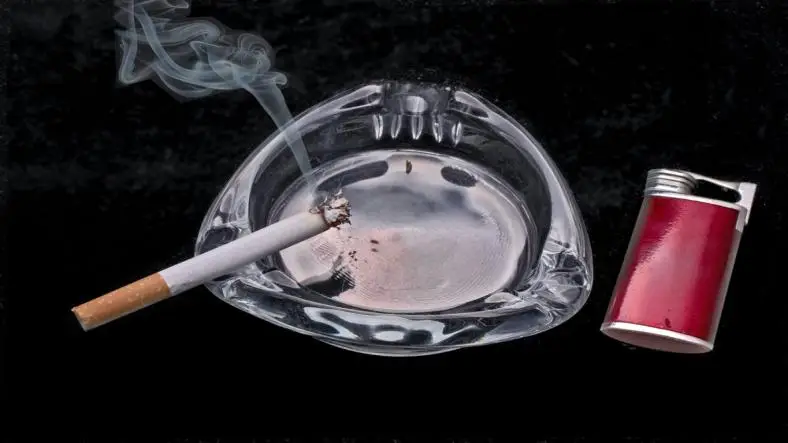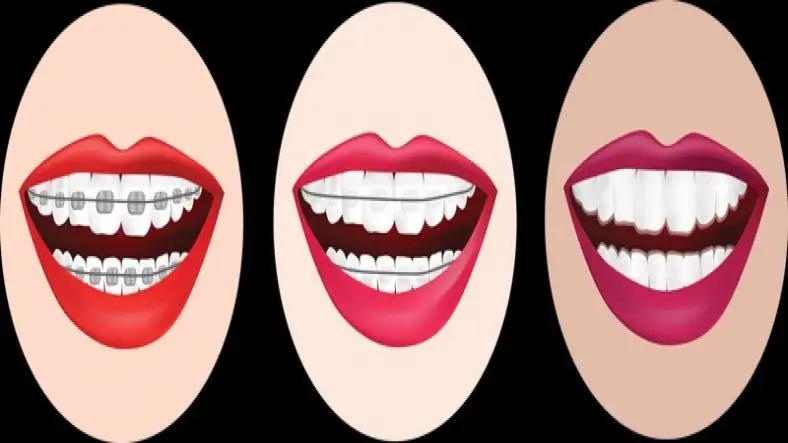Nicotine, the addictive substance found in tobacco products like cigarettes, cigars and e-cigarettes, enters your system quickly and has various effects on the body. Understanding how long nicotine stays in your system is important for anyone looking to quit smoking, undergo testing, or better understand the health impacts of nicotine.
How Nicotine is Absorbed and Metabolized
When you smoke or use nicotine products, nicotine is absorbed into the bloodstream. It quickly reaches the brain, usually within 10 seconds of inhaling smoke. The body metabolizes nicotine primarily in the liver through enzymes, converting it into cotinine, which can stay in the body much longer than nicotine itself. Cotinine is often measured in tests to determine nicotine use.
Factors That Influence How Long Nicotine Stays in the Body
Several factors affect how long nicotine stays in your system, including:
- Frequency of Use: Regular smokers or heavy nicotine users will have more nicotine and cotinine in their system compared to occasional users.
- Metabolism: People with faster metabolisms break down nicotine more quickly than those with slower metabolic rates.
- Age: As metabolism tends to slow with age, older individuals may take longer to eliminate nicotine from their system.
- Overall Health: Liver and kidney function play a significant role in how quickly nicotine is processed and eliminated.
- Hydration: Drinking water and staying hydrated can speed up the process of flushing nicotine and its byproducts out of the body.
Nicotine Detection in Different Parts of the Body
The length of time nicotine stays in your system varies depending on the method of testing. Here's how long nicotine and its metabolites (like cotinine) can be detected:
- Blood:
- Nicotine: Typically detectable for 1-3 days after the last use.
- Cotinine: Can remain detectable for up to 10 days, depending on how much nicotine was consumed.
- Urine:
- Nicotine: Can be detected in urine for up to 3-4 days after the last use.
- Cotinine: In regular smokers or users, it can be detected for up to 7-10 days and in heavy users, even longer.
- Saliva:
- Nicotine: Detectable for 1-4 days after the last use.
- Cotinine: Can remain in saliva for up to 7-10 days.
- Hair:
- Nicotine: Hair tests can detect nicotine for up to 3 months or longer, depending on the length of hair and frequency of use. Hair tests can give a long-term overview of nicotine exposure but are not typically used in routine testing.
How Long Nicotine Stays for Different Types of Users
- Light or Occasional Users: If you smoke or use nicotine products infrequently, nicotine and cotinine will likely clear from your system faster, typically within 1-3 days.
- Moderate Users: Regular users may have nicotine in their system for up to a week, with cotinine lingering longer.
- Heavy or Long-term Users: Long-term or heavy smokers can have nicotine and cotinine in their system for several weeks or longer, as the body takes time to clear the larger amounts.
Speeding Up Nicotine Elimination
There are a few ways to help the body eliminate nicotine and cotinine faster:
- Drink More Water: Staying hydrated helps the kidneys flush toxins more efficiently.
- Exercise: Physical activity boosts metabolism, which can speed up nicotine breakdown.
- Eat Antioxidant-Rich Foods: Fruits and vegetables high in antioxidants can help the body detoxify more effectively.
- Avoid Additional Nicotine Exposure: Eliminating all sources of nicotine, including secondhand smoke, helps reduce the level of nicotine in your body.
Quitting Smoking and Nicotine Testing
If you're trying to quit smoking and have a nicotine test coming up for insurance, employment, or medical reasons, it's essential to understand how long it takes for nicotine to leave your body. The process of nicotine elimination varies from person to person, but complete detoxification from nicotine typically takes 1 to 3 weeks after quitting.
Nicotine doesn't stay in your system for long in its pure form, but its byproduct, cotinine, lingers for a significantly longer period, making it the main substance detected in most tests. How long nicotine stays in your body depends on factors like your metabolism, usage habits and the type of test administered. If you are trying to quit, staying hydrated, exercising and maintaining a healthy diet can help accelerate the removal of nicotine from your body.
Thanks for reading the article, for more lifestyle related articles read our peoples blog articles.















